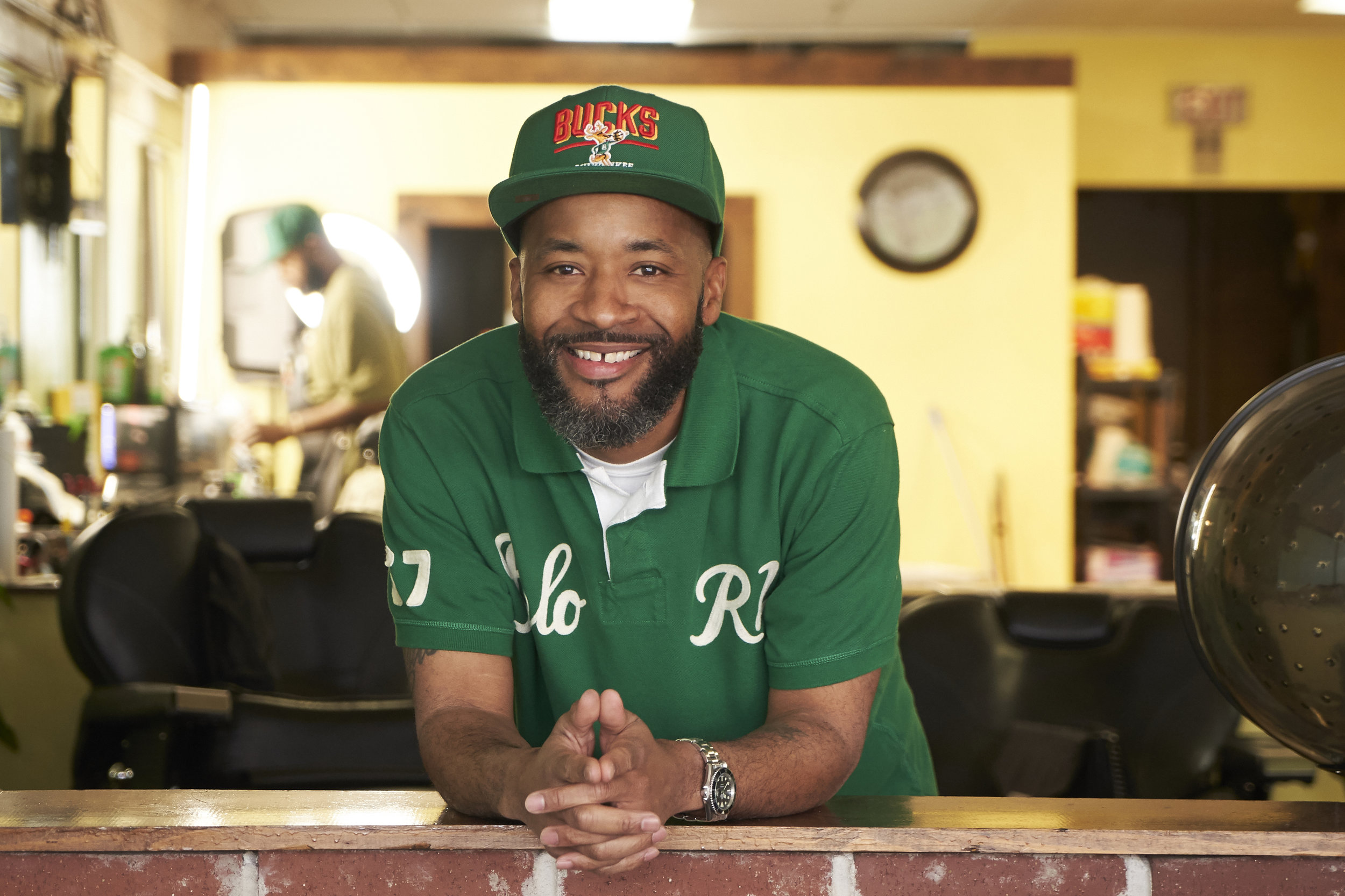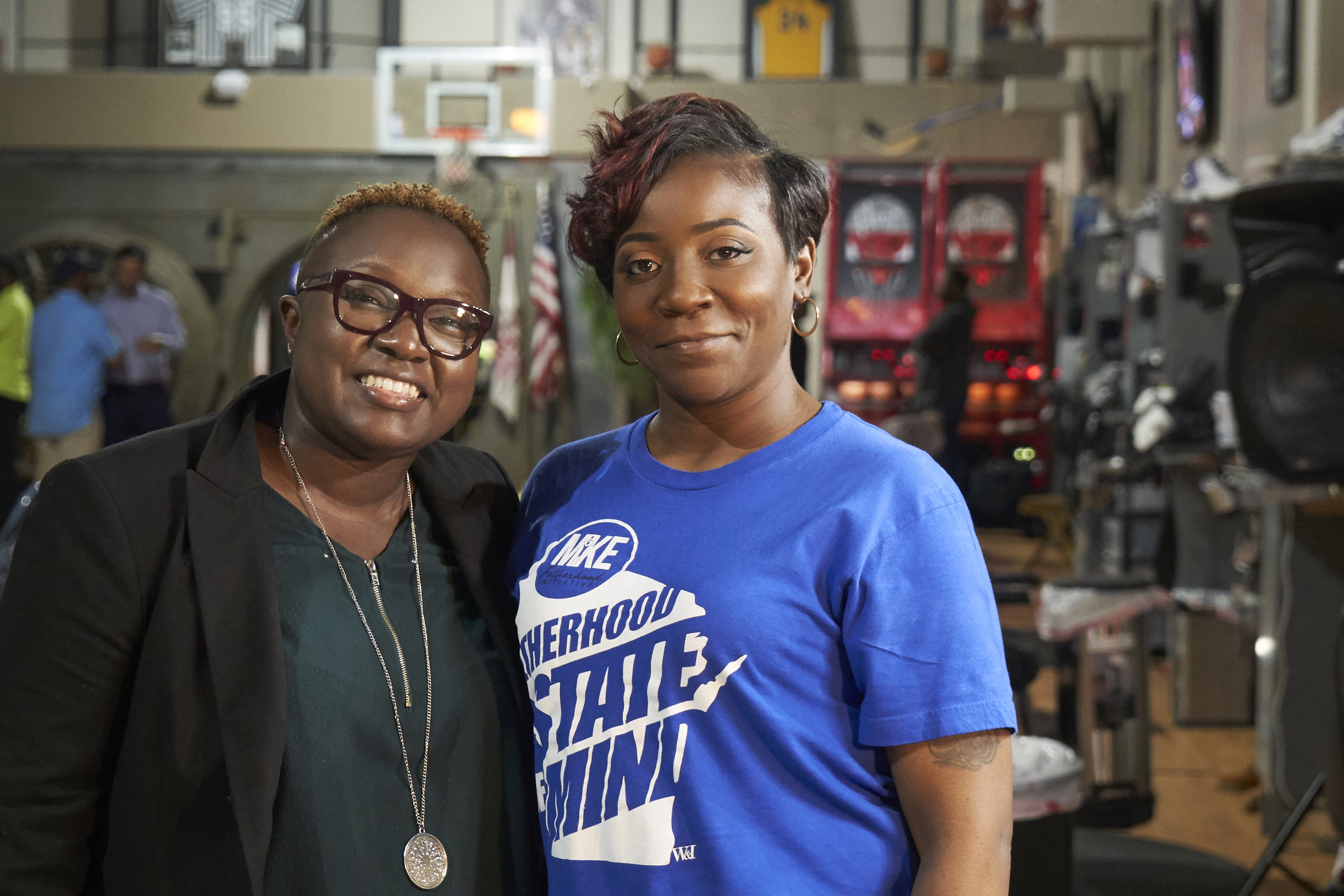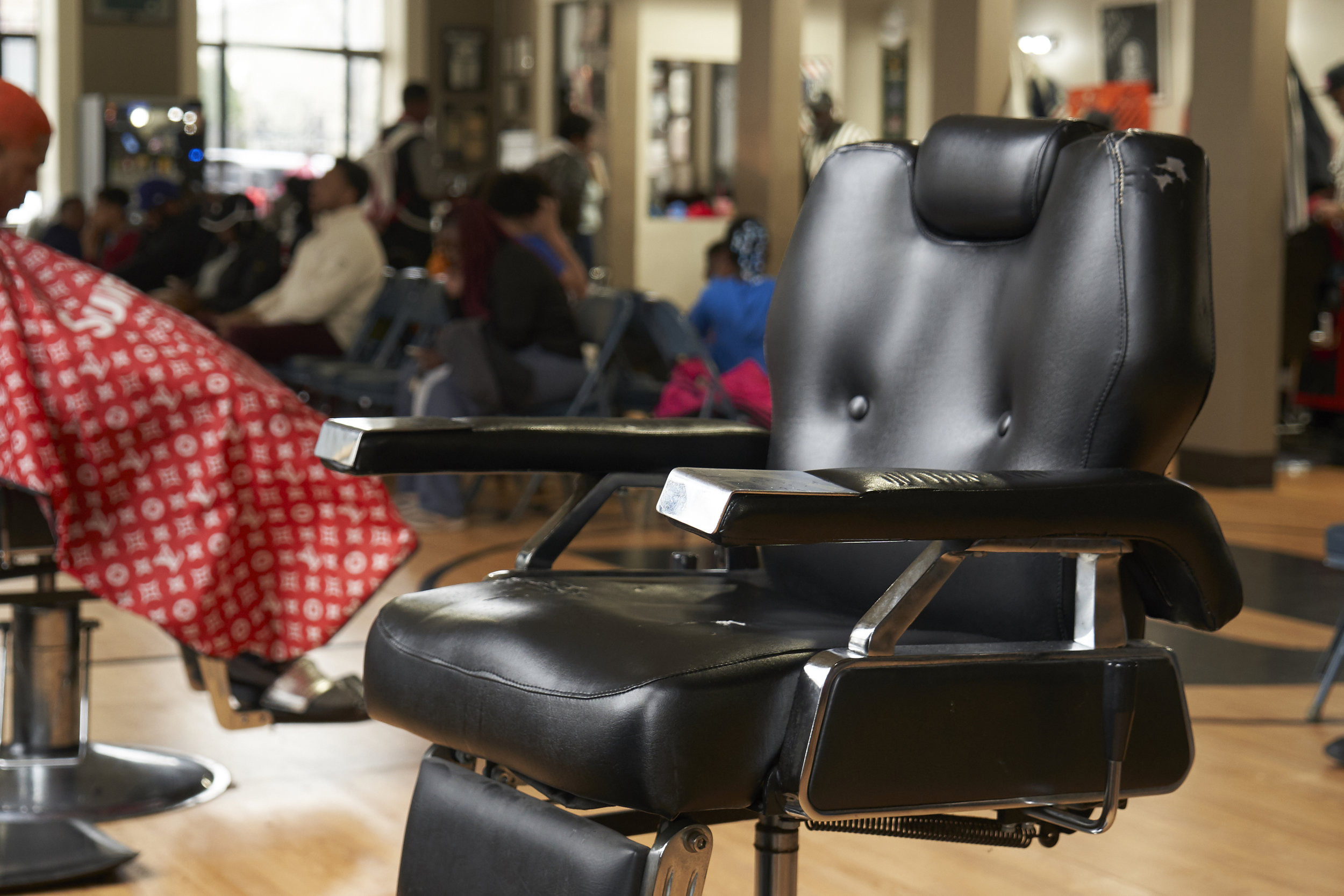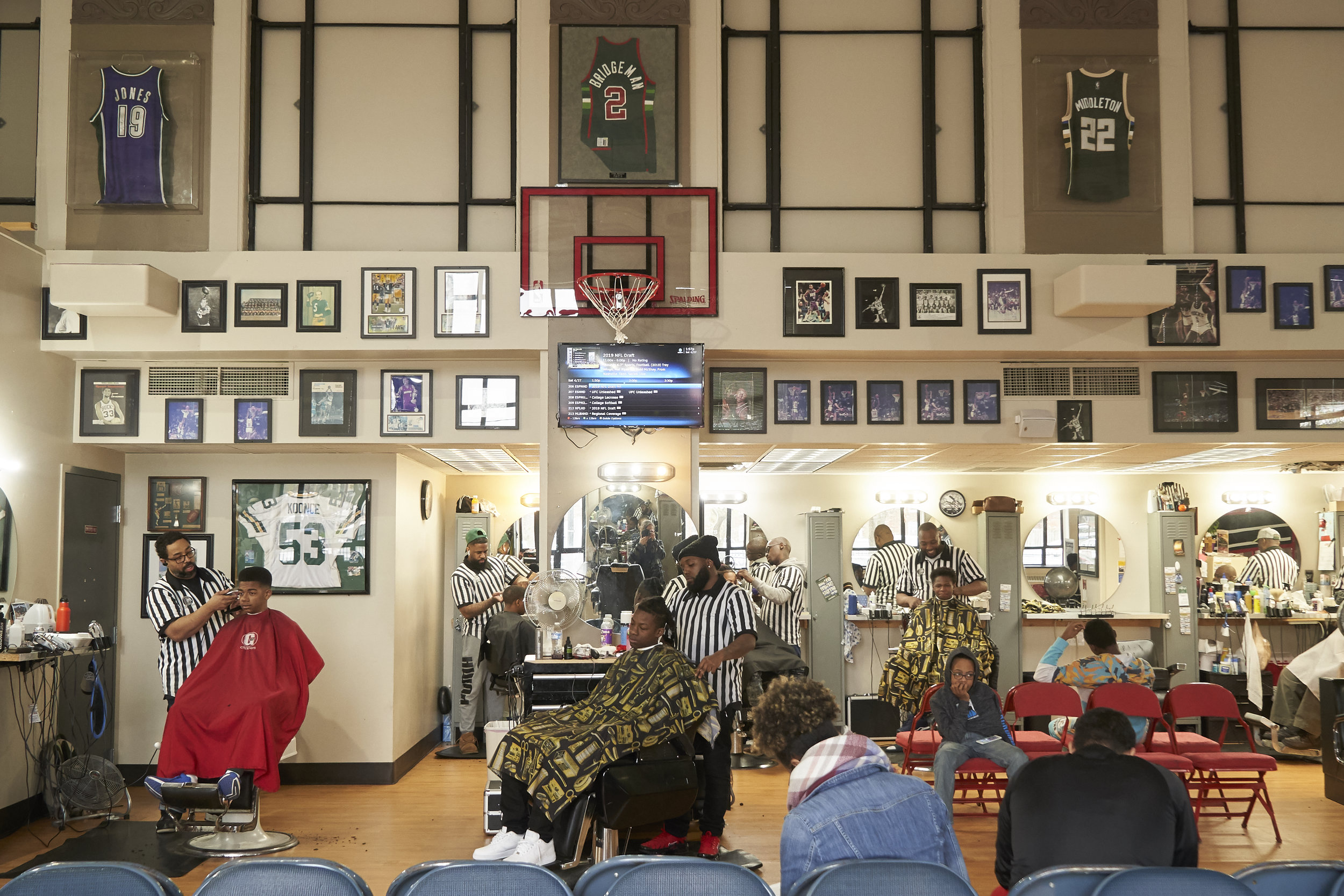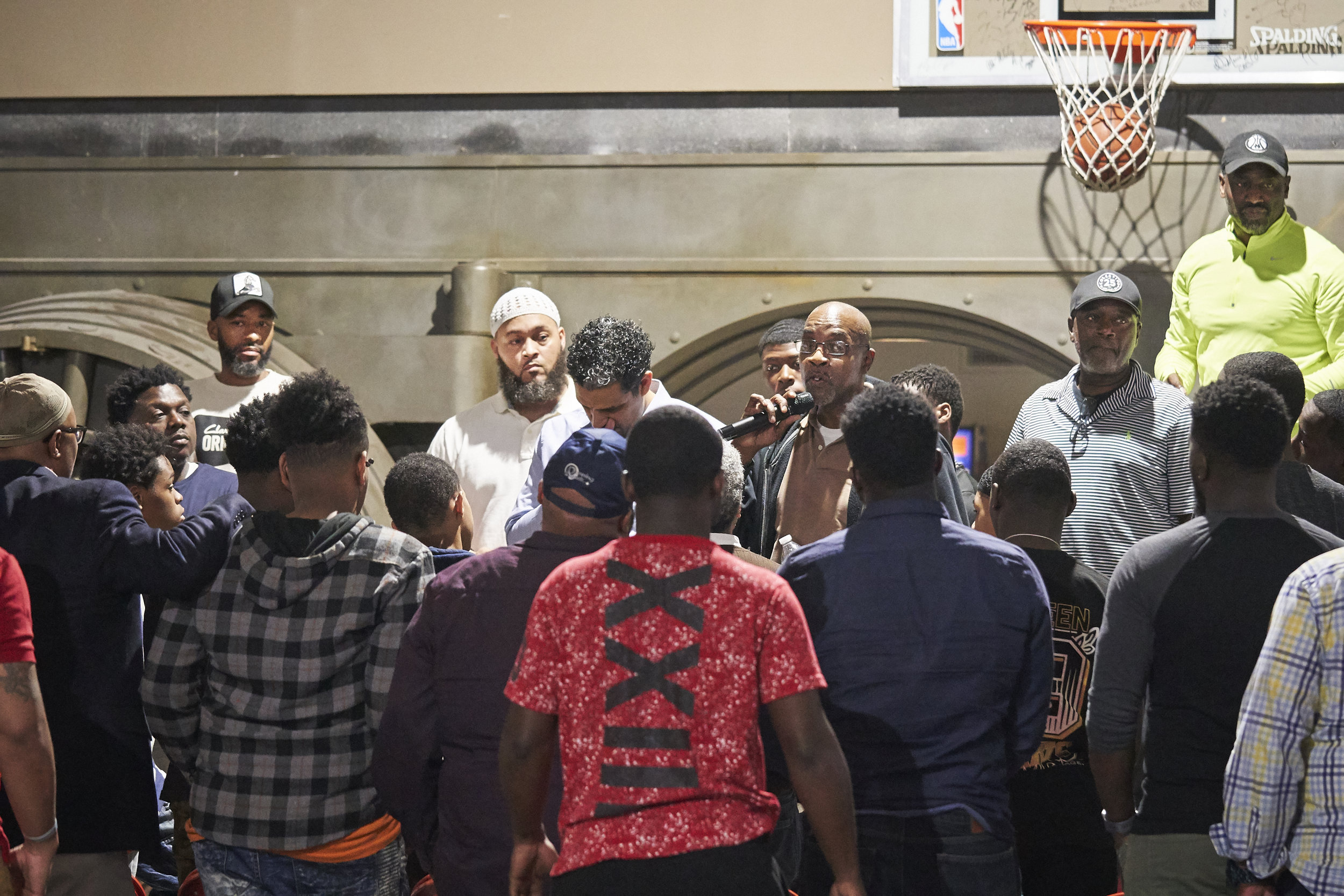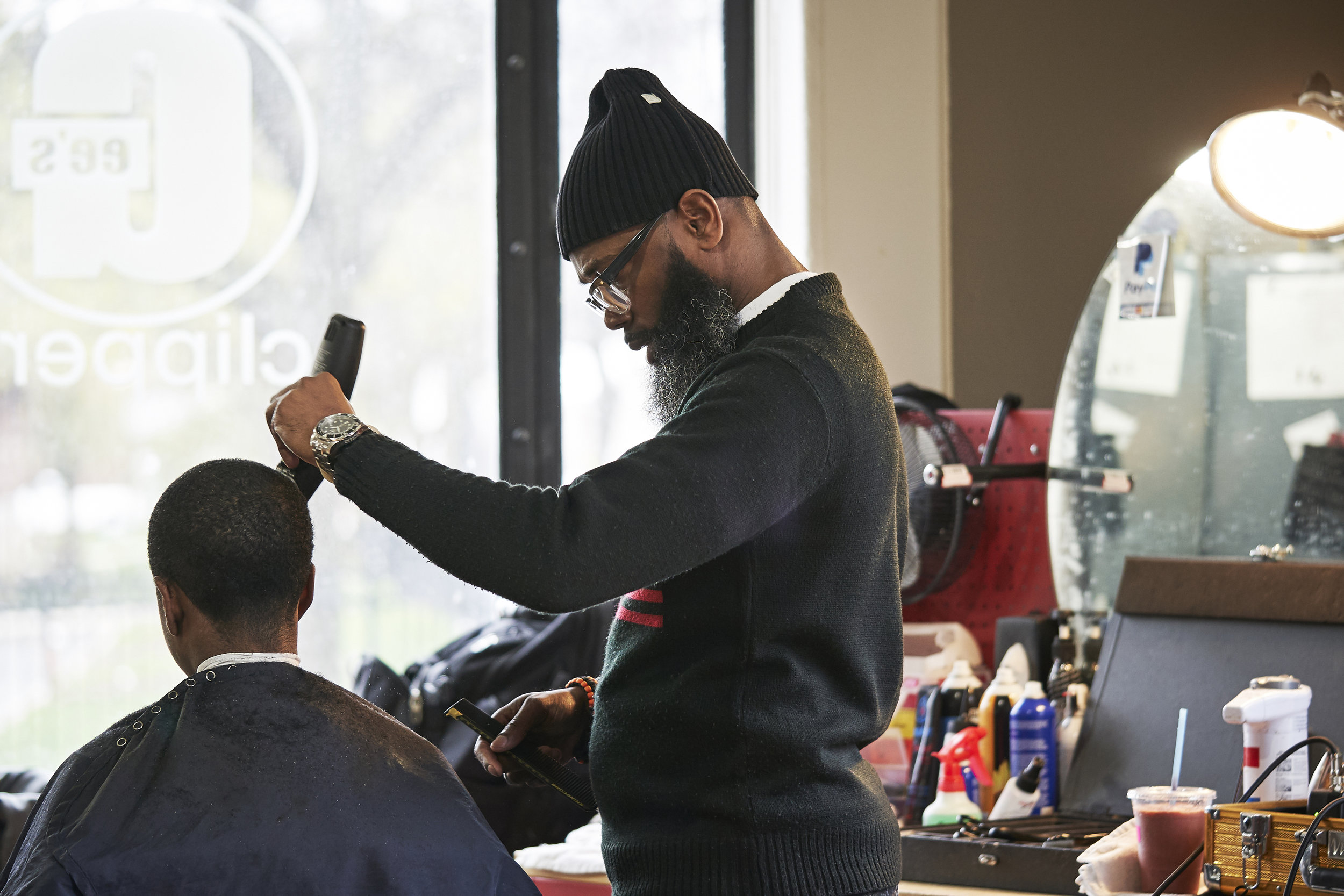David Boucher and Stephanie Shipley are celebrating 14 years of connecting people through food with Amaranth Bakery and Café. The pair always shared a love for community organizing and knew that food has a way of bringing cultures together. In 2000, they bought the rundown building at 3329 W. Lisbon Ave. with the intention of building a public meeting space in a neighborhood that needed more access to public places.
The bakery was founded on an idea that change can happen in a community if people are given a space that allows them to feel comfortable and interact with one another. From the beginning, the café was meant to help ideas grow. That’s why the seating area consists mostly of large tables which organically allow people to start conversations. Movements and local initiatives happen through relationship building, explains Boucher, and “none of this happens without trust.”
As their budding business developed, so did their food and Shipley’s knowledge of baking. “I feel like this place created me as the baker, as the food person,” she says, as someone who never had experience in baking previous to the café. She was first inspired by the large red plant she saw being grown by her neighboring Hmong gardeners. “The amaranth plants that grew in the community gardens were strong, anchored and unwilted,” says Boucher. Shipley’s research of the plant led her to discover the many cultures that have a history of cultivating it. That helped her realize the importance food and crops hold in different ethnicities and religions.
So, she intentionally built the menu to be inclusive and healthy. Even though Shipley is vegetarian, she makes a point to add meat into their hearty vegetable-filled soups because meat is so valued in the culture of the neighborhood. By simply adding meat to her soups, she gets more people to try something they wouldn’t normally eat.
Their menu has adapted over the years because of the people from various cultures that they’ve invited into their café. Boucher and Shipley have made a point to hire people wanting to learn the trade who bring their own perspectives on food. By being willing to take extra time to teach those with less experience, the couple, in return, learns from their workforce. They also support neighborhood businesses and budding entrepreneurs who help develop new products that the couple otherwise wouldn’t have thought of. The support they’ve offered has not only created an open safe space in the café, it’s also built up the surrounding neighborhood. Boucher and Shipley view the world in very different ways, but their goal has always been the same: Empower the people in the neighborhood so they can improve their community as well as their own well-being.
Learn more at facebook.com/amaranthbakerycafe. Read this article on the Shepherd Express, part of the column “Hero of the Week.”






